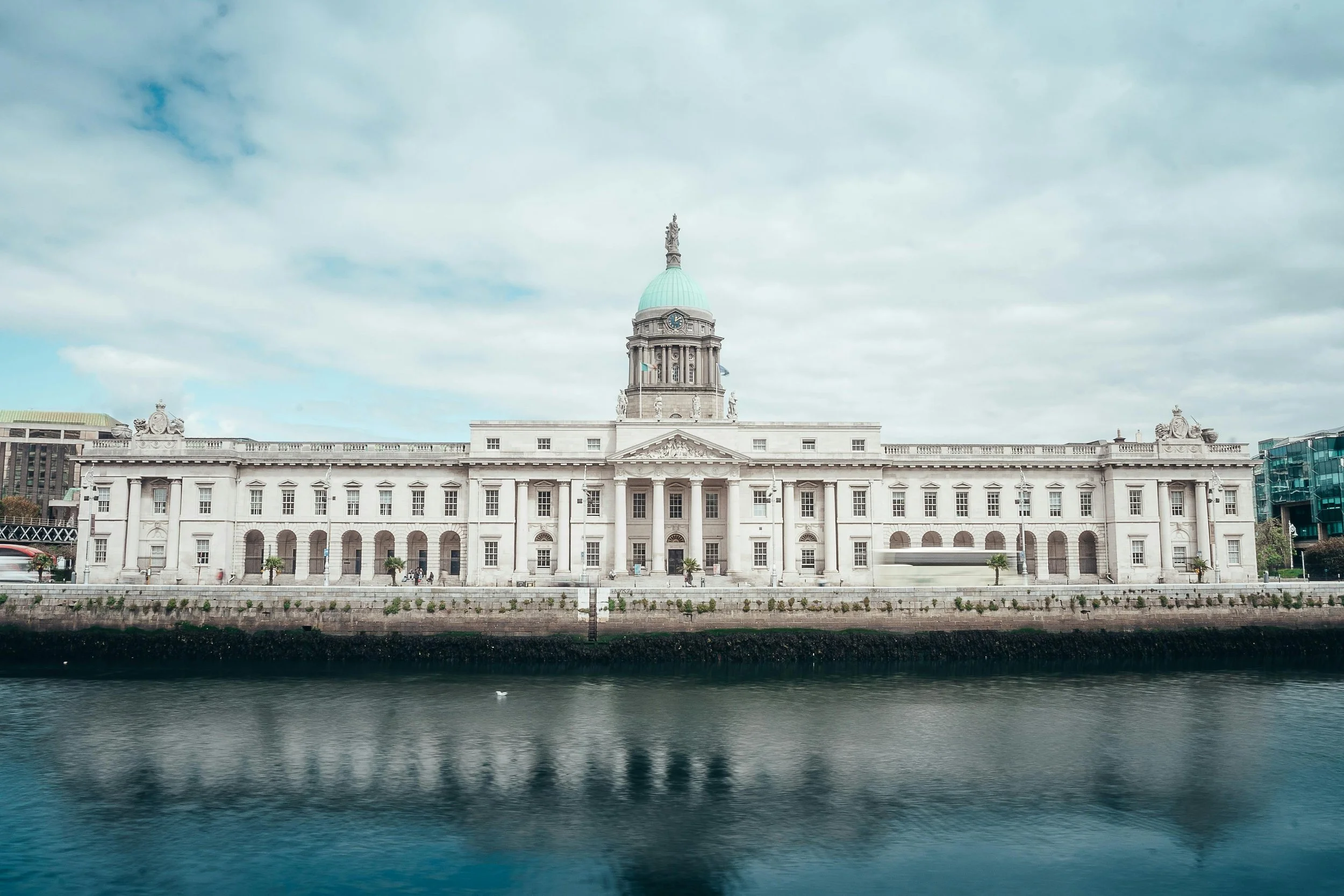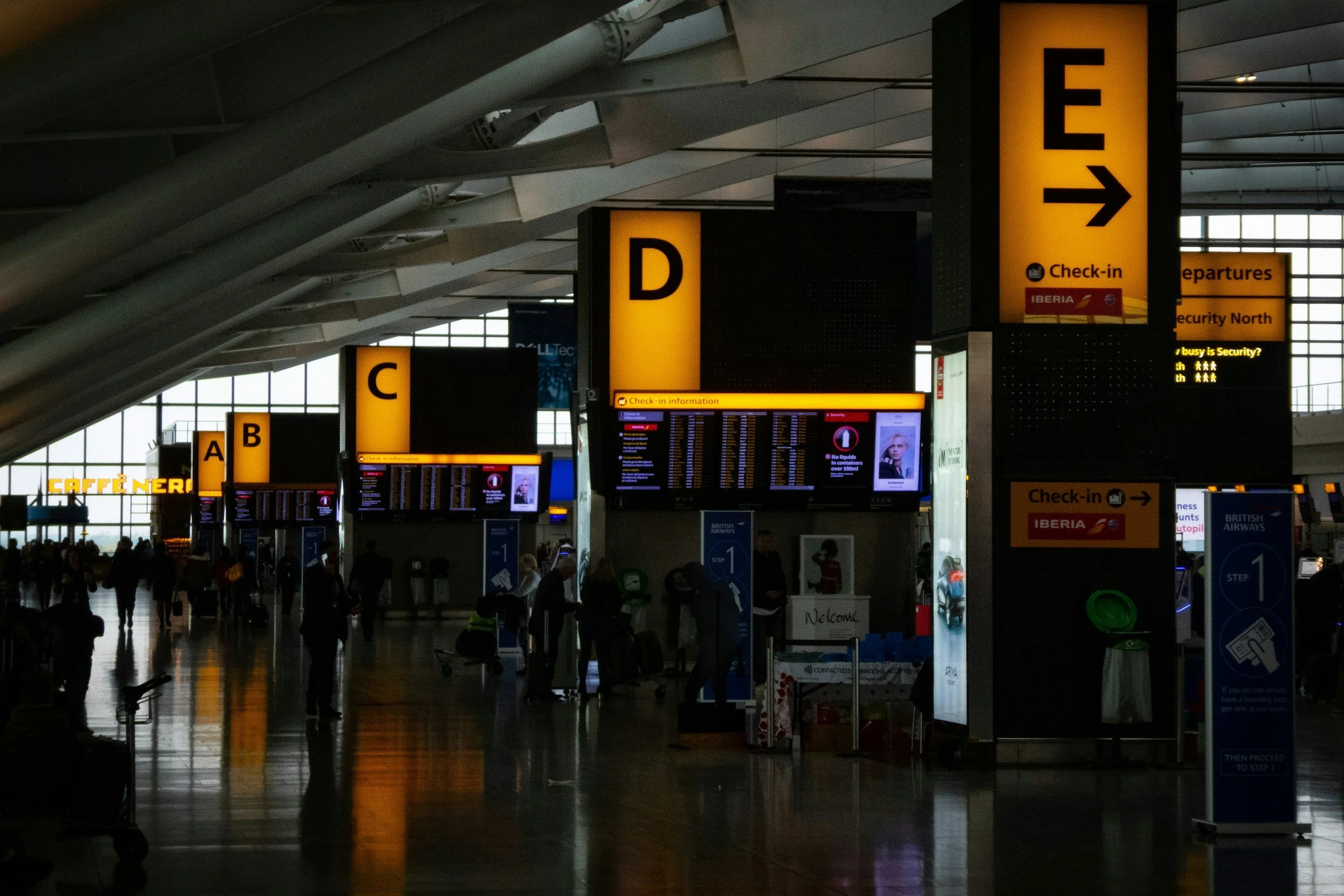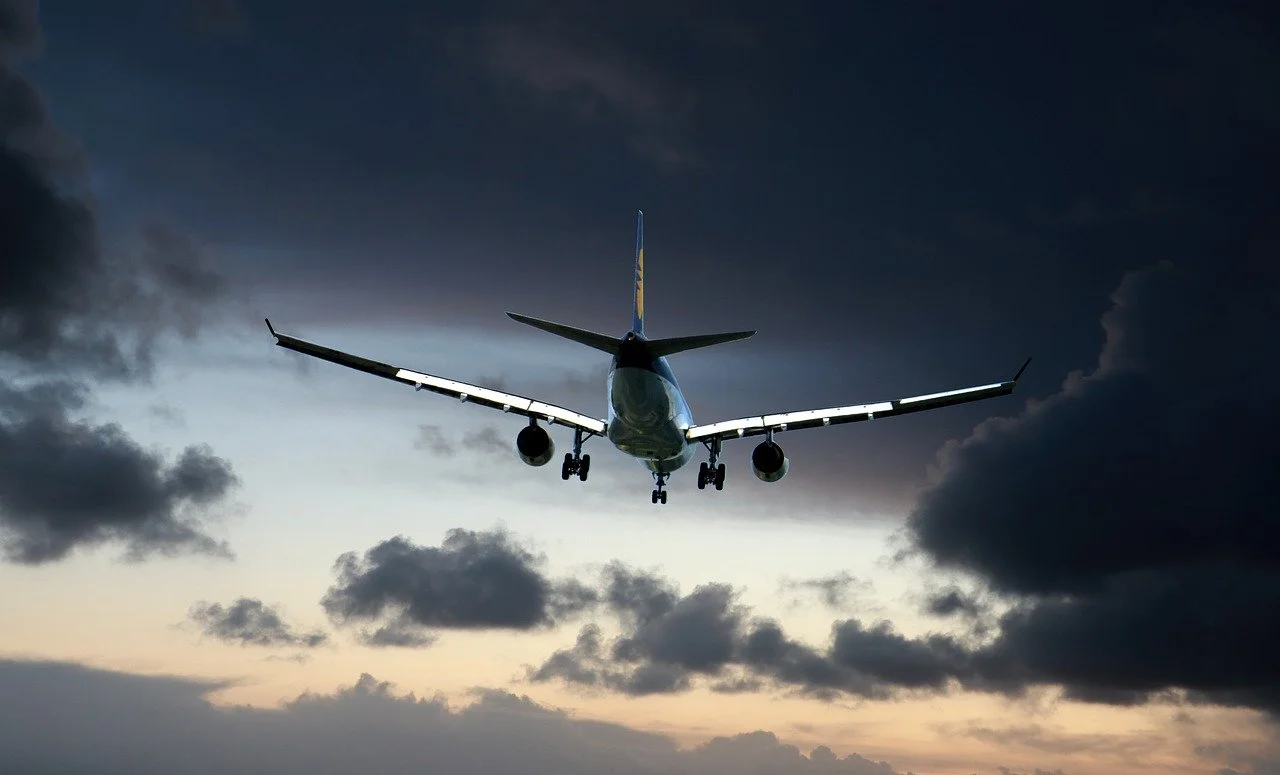Court rules KLM’s vague green claims mislead consumers – so what’s next for the aviation industry?
Last week marked a tipping point for the aviation industry. The first legally binding judgement against misleading sustainability claims by the Dutch airline KLM sends a strong message to airlines deploying similar greenwashing tactics. Our Legal Assistant, Olivia, looks at this significant court ruling and reflects on key takeaways for the high-polluting aviation sector.
KLM, the Dutch arm of Air France-KLM, was found to have misled consumers through its advertisements that overstate the environmental credentials of flying, carbon offsetting schemes and so-called ‘sustainable’ aviation fuels.
Non-governmental organisation Fossielvrij, with the support of Reclame Fossielvrij and ClientEarth, challenged the airline’s “Fly Responsibly” ad campaign. The court found that 15 of the 19 environmental statements made by KLM were misleading.
Fossielvrij deemed these statements, along with KLM’s wider “sustainability” strategy so damaging that a ban on all similar green marketing is required. While the court clarified misleading claims must be determined on a case-by-case basis, mounting judicial and quasi-judicial cases against KLM and other airlines suggest more regulation is needed to stop them at the source.
Greenwashing’s not so “rosy” consequences
Greenwashing is not something that should be taken lightly. As highlighted by the court, consumers are becoming increasingly concerned about the climate crisis and make purchasing decisions influenced by their desire to make better choices.
Misleading green claims by airlines are especially dangerous considering aviation’s impact on the climate: it accounts for around 4% of human-induced global warming to date. The reality is that there are “currently no initiatives or commercially viable technologies” within the industry to substantiate environmental claims. With a Greenpeace report showing that in 2019 airline advertisements influenced 34 million tonnes of CO₂ equivalent emissions worldwide, it’s clear that many green claims act as a smokescreen to the negative impacts of flying.
Court findings in the Fossielvrij NL v. KLM case
The legal basis Fossielvrij used to bring the challenge was the European Unfair Commercial Practices Directive (UCPD), which is implemented in Dutch law. The UCPD stipulates that green claims must be truthful, and presented in a clear, specific, accurate and unambiguous manner so as not to mislead consumers.
Additionally, traders must be able to substantiate their claims with evidence. As the court clarified, “the bottom line is that consumers should be given fair information” and this should be communicated “honestly and concretely.”
The court found 15 of the 19 environmental statements by KLM to be in violation of the UCPD. It found vague expressions such as “the way we travel (is) changing" accompanied by “more sustainable” insufficiently concrete in relation to how KLM will actually realise such environmental objectives and thus misleading.
🥳 Together with @FVReclame we won our greenwashing lawsuit against airline KLM today.
— Fossielvrij NL🔥 (@FossielvrijNL) March 20, 2024
The court rules:
☝️ KLM cannot paint a rosy picture of their green ministeps
✌️ 15 out of 19 claims are misleasing
This is a warning for the entire aviation sector!https://t.co/zcnsWMEjMl
The court also found KLM’s carbon offsetting efforts to be factually incorrect and therefore unlawful. The ‘CO2ZERO’ offsetting scheme, which uses reforestation to promote a route to net-zero, was found to have a negligible impact on KLM’s reduction of carbon emissions. The United Nations Environment Programme confers that “out of sector” offsetting like tree planting drives no absolute emissions reductions in the aviation sector. In fact, the reliance on other sectors while unilaterally planning for expansion could lead to an increase in emissions.
Significantly, the court highlighted that endorsing “sustainable aviation fuel” (SAF) as a “promising solution” paints too rosy a picture. As a technological solution, the court recognised SAF is still in its early stages, with the current consumption of SAF in Europe estimated to be only 0.05% of total EU aviation fuel use.
For this reason, and the fact SAFs have differing impacts on the environment of which the distinction was not sufficiently communicated by KLM, the court deemed the expression “sustainable” too absolute and therefore misleading.
The court also considered the airline’s commitment to the Paris Agreement, namely the 1.5°C temperature target. The court found that “taking the lead to achieve a more sustainable future for aviation” does not provide consumers with measurable and specific steps on how KLM will achieve such goal.
Aviation sector prioritising growth over green
The aviation sector’s commitment to international obligations has come into further disrepute this month. Firstly, with the former boss of Amsterdam’s Schiphol airport declaring the “industry is likely to miss its target to reach net zero by 2050.” Indeed, the governing international body for aviation, the International Civil Aviation Organization (ICAO), has been long criticised for its lack of credible strategy for reaching net zero.
This is why Opportunity Green has requested that the International Court of Justice clarifies States’ obligations to reduce their emissions from international aviation (and shipping). Our submission argues that the Paris Agreement imposes legal obligations to address these emissions through States’ individual Nationally Determined Contributions.
This case shows companies must not resort to sticking a green label on existing activities for the sake of growth. It is reassuring to welcome legally binding judgements on misleading claims by the aviation industry. False or misleading environmental claims must be challenged to disincentivise investments in inadequate solutions to the climate crisis, such as carbon offsetting and SAFs in the form of crop-based biofuels.
What next for KLM and its high-flying competitors?
This is not the first time that KLM has been found to mislead the public with inaccurate green claims. The ruling follows a non-binding decision by the Dutch national Advertising Code Commission on similar campaigns by KLM. More recently, the UK’s Advertising Standards Authority (ASA) found Air France-KLM in violation of advertising standards. There is also a pending judicial complaint in America against KLM.
Yesterday's landmark greenwashing ruling against KLM will have big consequences not just for the aviation sector, but for all companies giving the impression of being committed to global climate goals while they actually plan to keep on polluting our planet. https://t.co/uhPE4FzpoM
— ClientEarth (@ClientEarth) March 21, 2024
Nor is this the first airline accused of flouting anti-greenwashing rules. A spout of greenwashing claims targeting the aviation industry across Europe shows the issue is systemic and widespread. The UK ASA has ruled on a total of six misleading activities by four different airlines since 2020. Two further airlines, British Airways and Virgin Atlantic, are also being challenged in a similar vein. And the European Consumer organisation, BEUC, has recently filed a complaint to the EU Commission which challenges climate-related claims by 17 European airlines under the UCPD.
So how can we ensure that legal action incites systemic behavioural change across the aviation industry? Rosanne Rootert, a campaigner at Reclame Fossielvrij, likened greenwashing litigation to a “cat and mouse game” where you can only respond after the damage has been done. This suggests tighter regulation is needed to clarify corporation’s responsibilities from the outset. Fortunately, this is on the horizon, with the recently adopted EU Empowering Consumers Directive and Green Claims Directive standing to clamp down on unverified green claims.
Until then, anti-greenwashing litigation remains an invaluable tool in keeping legal risks at the top of corporation’s agenda in the context of the climate. We must continue to challenge inaccurate green claims which hinder and delay concrete and credible climate action and investment into truly green alternatives.
Find out more about our work challenging greenwashing in the shipping industry in our 2023 report ‘(Un)Sustainable from ship to shore’ here.









